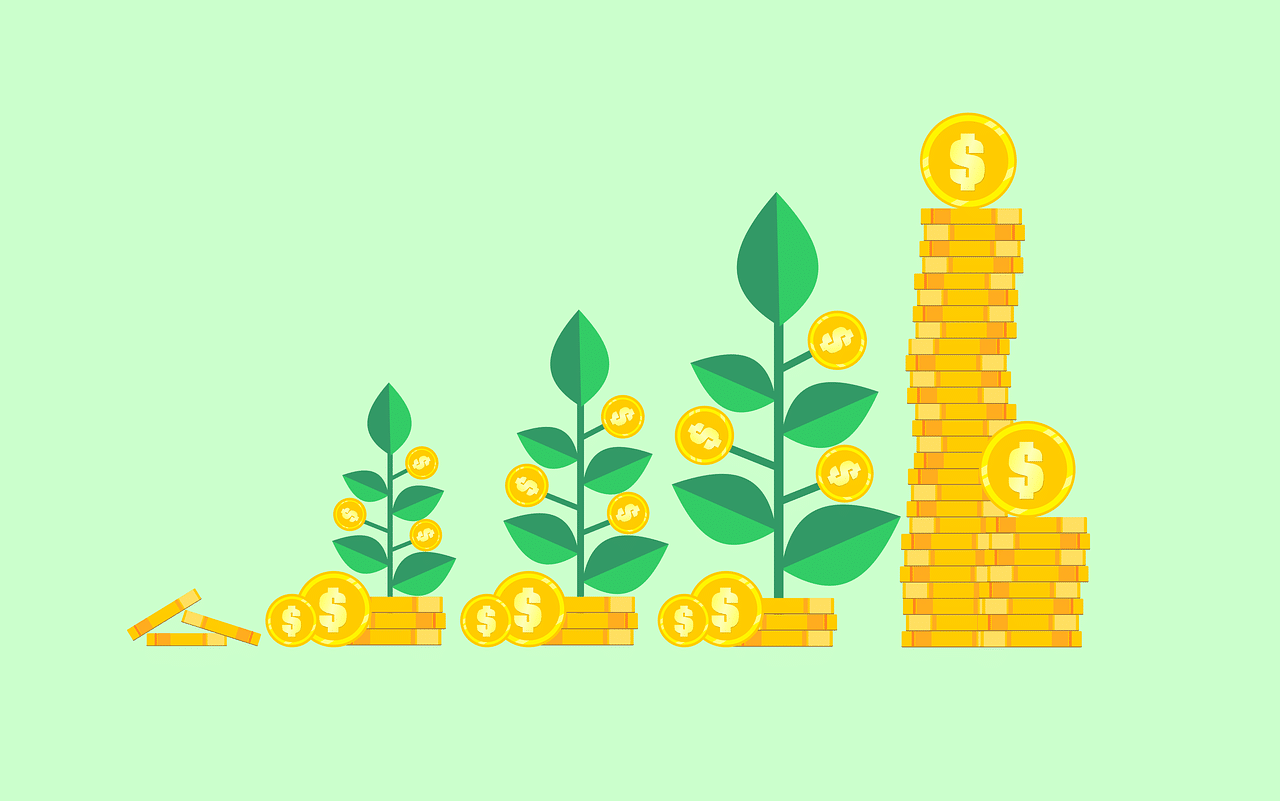
The solidarity economy promotes community empowerment.
The solidarity economy is a productive organization model based on people's needs . Unlike the traditional system that privileges capital, in this case economic activities are based on solidarity, self-management , equality, care for the environment and other principles.
Before moving forward with the definition, it is important to focus on the two terms that make up the concept. Economics is the scientific discipline that analyzes how to achieve the satisfaction of human needs using scarce resources. The notion also refers to the set of activities and assets that constitute the wealth of a society or a person.
The adjective solidarity , meanwhile, refers to adherence to the cause of others. The idea of solidarity can be associated with companionship , favor or help; In colloquial language, it is understood that being supportive consists of cooperating with others, especially with those who have fewer resources.
Characteristics of the solidarity economy
The solidarity economy is a mode of production and consumption that revolves around human beings . Its purpose is to promote sustainable development without exploitation or alienation of workers and with consumers who can assert their rights.
Those who promote the solidarity economy consider that the predominant capitalist model results in a deterioration in the quality of life of millions of individuals and serious damage to the environment. Therefore, they propose an alternative path that promotes sustainable and fair economic development , capable of eliminating or at least reducing social problems such as unemployment, poverty, violence and environmental degradation.
It is common for the solidarity economy to be linked to the social economy , which emerged in the 18th century from cooperativism and was expanded by labor movements. In the case of the solidarity economy, it also includes a desire for social transformation. Economy of the common good , circular economy and collaborative economy are other related notions.
What the solidarity economy proposes, in short, is the establishment of a balance between the economy, human beings and the planet. The generation of wealth is sought but promoting the empowerment of people and without harming the ecology.

Anti-globalization movements often promote the solidarity economy.
Its principles
According to the Alternative and Solidarity Economy Networks ( REAS ) of Spain , the solidarity economy is based on six principles:
- Equity : Proposes horizontal relationships with integration of diversity, considering equal conditions and opportunities with a fair distribution of resources, obligations and responsibilities. In this context, it is sought that no individual is subjected to exploitation or domination.
- Cooperation : Mutual support for self-organization and the search for the common good are pillars of the solidarity economy. Horizontality and direct democracy in decision-making, collaborative work, the design of collective strategies and network operation must be contemplated.
- Decent work : Consider that work is what makes it possible to sustain life. It must be an activity that serves the needs of the community and focuses on the development of capabilities. Salary balance and participation in the ownership of the means of production are among the precepts to take into account.
- Fair distribution of wealth : Wealth is understood as the various natural, cultural, social and material elements that make it possible for a community to meet the needs of its members both in the present and in the future. A collective strategy must be established that enables its production , conservation and distribution in a fair way. Ethical finance and fair trade are among the tools that contribute to this end.
- Commitment to the environment : Encourages articulation between the multiple actors that are part of the socioeconomic fabric for the construction of alliances and community proposals. A commitment to diversity and local culture is encouraged and responsible consumption is encouraged.
- Environmental sustainability : Postulates that nature is a subject of rights and contemplates the physical and biological limits of the planet. That is why it promotes the decrease in the extraction of natural resources and the use of renewable energy and rejects agricultural overexploitation for the protection of the environment .

The solidarity economy requires socially responsible investments.
Examples of solidarity economy
Cooperative banks are an example of a solidarity economy: their members are owners and, in turn, clients. That is the case of Banco Credicoop in Argentina , a non-profit cooperative where each member has one vote. The entity is aimed at providing services to people and small and medium-sized businesses (SMEs) and also carries out important cultural and educational activities.
Entities that provide microcredits for social enterprises and promote financial inclusion are also an example of a solidarity economy. It can be named as a reference to the Grameen Bank that Muhammad Yunus founded in 1976 , when he devised a credit system for rural residents who did not have access to traditional banks.
Let's now think about family or community organic farming ventures. These types of initiatives contribute to food sovereignty and poverty reduction. Due to their characteristics, they even help minimize the carbon footprint.
El responsible tourism, asimismo, se enmarca en la economía solidaria. Los viajeros que consumen en mercados locales y adoptan conductas que no afectan al patrimonio comunal favorecen el desarrollo local sin comprometer el futuro de los pueblos que visitan.
